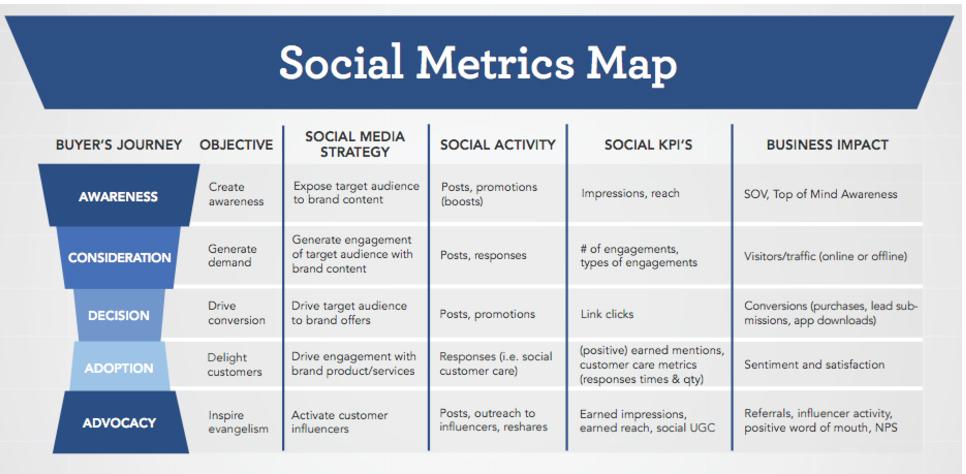Top Digital Marketing Metrics You Should Track
In today’s fast-paced digital world, data-driven decision-making is the cornerstone of marketing success. Whether you run a small business or a large enterprise, tracking the right digital marketing metrics can mean the difference between thriving campaigns and wasted budgets. But with so many analytics and metrics available, which ones really matter? This comprehensive guide covers the top digital marketing metrics you should track to improve your strategies, boost conversions, and maximize your return on investment (ROI).
Why Tracking Digital Marketing Metrics Is Essential
Before diving into the specific metrics, let’s understand why tracking them is critical for your marketing efforts.
- Measure Campaign Effectiveness: Determine which strategies are driving results.
- Optimize Marketing Spend: Identify which channels provide the best ROI.
- Enhance User Experience: Understand audience behavior to tailor content and improve engagement.
- Set Data-driven Goals: Use accurate metrics to plan and forecast future campaigns.
Top Digital Marketing Metrics You Should Track
Here are the most essential digital marketing KPIs (Key Performance Indicators) every marketer should monitor regularly.
1. Website Traffic
One of the most fundamental metrics, website traffic, measures how many visitors your site receives. It helps indicate overall brand visibility and user interest.
- Sessions: Total visits to your site during a period.
- Unique Visitors: The number of distinct individuals visiting your website.
- Traffic Sources: Refers to where your visitors come from (organic search, paid ads, direct, referral, social media).
2. Conversion Rate
Conversion rate is the percentage of visitors who complete a desired action, such as making a purchase, submitting a form, or signing up for a newsletter.
Why it matters: It directly relates to your sales funnel efficiency and marketing effectiveness.
3. Click-Through Rate (CTR)
CTR measures the percentage of users who click on a link (e.g., ad, email, or organic search result) compared to the total who viewed it.
CTR Formula: (Clicks ÷ Impressions) × 100
Why track CTR? A higher CTR signals that your messaging and creatives resonate well with your audience.
4. Cost Per Acquisition (CPA)
CPA shows how much you spend to acquire one customer or lead. It is vital for budgeting and assessing profitability.
Keep CPA low without sacrificing quality to optimize marketing ROI.
5. Bounce Rate
Bounce rate represents the percentage of visitors who leave your website without interacting beyond the landing page.
What it tells you: High bounce rates might indicate poor UX, irrelevant content, or slow loading speeds.
6. Return on Investment (ROI)
ROI measures the profitability of your digital marketing campaigns. It’s crucial for determining whether your marketing efforts are financially worthwhile.
ROI Formula: ((Revenue – Cost) ÷ Cost) × 100
7. Engagement Metrics
Understanding how users engage with your content across channels (social media likes, shares, comments; email opens; video views) can offer rich insights into audience interest and brand loyalty.
- Social Media Engagement Rate
- Email Open and Click Rates
- Average Session Duration
8. Customer Lifetime Value (CLV)
CLV estimates the net profit attributed to a customer’s entire relationship with your business, helping you focus on long-term profitability.
9. Email Marketing Metrics
In addition to open and click rates, tracking unsubscribe rates and list growth rate is key for healthy email campaigns.
10. Keyword Rankings
For SEO campaigns, monitoring your website’s position on search engine results pages (SERPs) for target keywords helps you gauge organic visibility and competitiveness.
Summary Table: Quick Reference of Key Digital Marketing Metrics
| Metric | Description | Why Track It? |
|---|---|---|
| Website Traffic | Number of visitors/sessions to your site | Measures brand visibility and interest |
| Conversion Rate | Percentage of visitors completing desired actions | Shows campaign effectiveness and sales funnel health |
| Click-Through Rate (CTR) | Ratio of clicks to impressions on links or ads | Indicates message relevance and audience engagement |
| Cost Per Acquisition (CPA) | Marketing cost per new customer or lead | Helps optimize marketing spend for ROI |
| Bounce Rate | Percentage of visitors leaving after one page | Identifies website content/UX issues |
| Return on Investment (ROI) | Profitability percentage of marketing efforts | Measures campaign success financially |
| Engagement Metrics | Actions like likes, comments, shares, session length | Assesses audience interaction and brand loyalty |
| Customer Lifetime Value (CLV) | Predicted net value from a customer over time | Focuses on long-term business growth |
| Keyword Rankings | Position of website for target keywords in search | Tracks organic visibility and SEO health |
Practical Tips to Effectively Track Your Digital Marketing Metrics
- Use Tools Consistently: Leverage Google Analytics, Google Search Console, SEMrush, HubSpot, and social media insights regularly.
- Establish Clear Goals: Define your objectives to know which metrics to prioritize.
- Monitor Trends Over Time: Look at data weekly or monthly-not just one-off snapshots-to spot patterns.
- Segment Your Data: Break down metrics by channel, audience, device, or campaign to get granular insights.
- Automate Reporting: Set up dashboards and automated reports for quick performance checks.
Real-World Case Study: Increasing E-Commerce Conversions by Tracking Metrics
A mid-size e-commerce company noticed stagnating sales despite steady website traffic. After auditing their digital marketing metrics, they spotted a high bounce rate on product pages and a low email CTR. By improving product page load times, enhancing UX, and refining email content, the company reduced bounce rate by 25% and increased email CTR by 30%, resulting in a 20% boost in conversions within three months.
Conclusion
Tracking the right digital marketing metrics is crucial to unlocking actionable insights that drive campaign success and maximize ROI. From understanding website traffic and conversion rates to monitoring engagement and customer lifetime value, these KPIs form the foundation of effective marketing analysis. Make sure you regularly monitor, analyze, and optimize these metrics to stay ahead of the competition and continually grow your business.
Ready to take your digital marketing to the next level? Start tracking these key metrics today and make data-driven decisions that produce real results!











